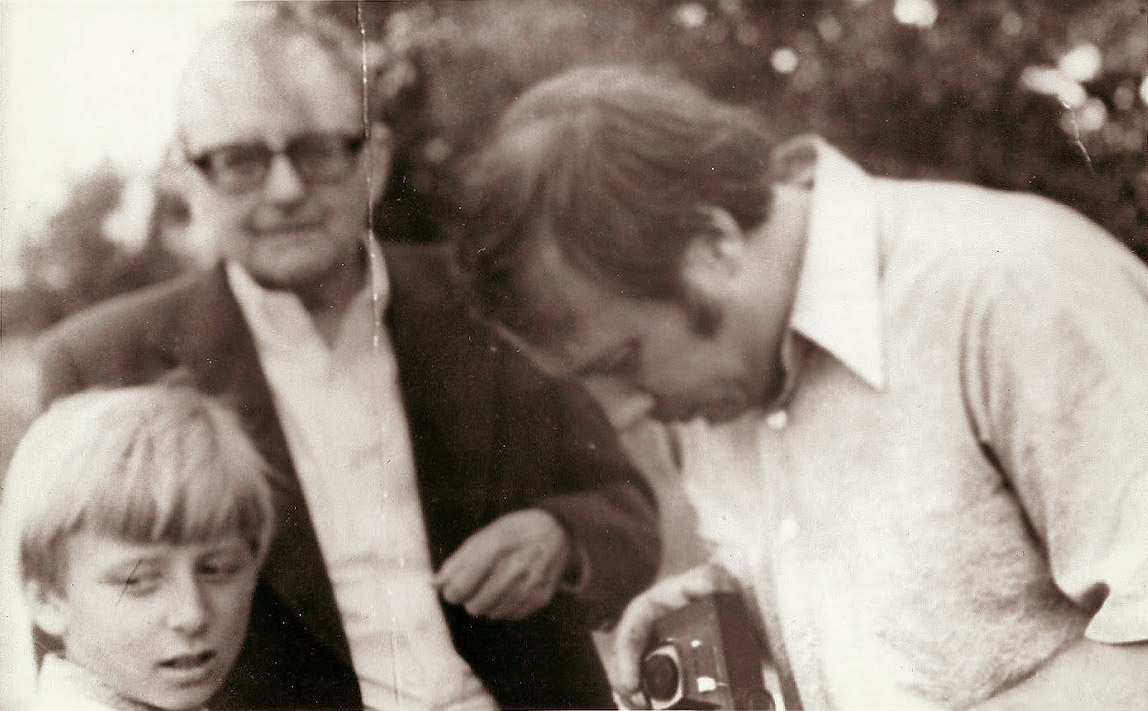In an extensive interview with Paavo Järvi published this week, Gramophone Magazine writes “In the current political climate of unease about Russia’s expanisionist intentions, the decision by an Estonian-born (if now American) conductor to make an Erato recording of three Shostakovich patriotic cantatas might seem provocative, and the enterprise was not without its snags.”
“Paavo Järvi pays homage to Stalin” read the headlines of Tallinn’s newspapers in April 2012 and, following this declaration, the conductor was issued with a bodyguard for the performances and recording.
Shostakovich Cantatas is released by Erato on 11 May (15 May Germany, Switzerland and Austria).
The programme features the cantata, The Execution of Stepan Razin, which is rife with unflattering comparisons between the violence and barbarism of 17th century Tsarist Russia and the communist regime of the 20th century. Featuring alongside the cantata are The Sun Shines on our Motherland (1952) and Song of the Forests (1949) both of which are obviously socialist realist compositions written under Soviet repression.
As Gramophone goes on to report “His use of Estonian children’s and adult choirs together with the Estonian National Symphony Orchestra in works extolling the virtues of communism and Stalin did not meet with universal tolerance, especially as Järvi reports that Estonians are already storing up tinned food and other non-perishables against a possible Russian incursion. “I had to sign a paper saying that the choir wasn’t inciting a revolution.” He refers to the works’ musical topicality of Russia’s “returning to the regimentation” that Shostakovich himself endured.”
“Shostakovich wrote the cantata in 1964, two years after I was born. Historically, that is just yesterday. The concept behind this CD was to show the starkly different realities of one great composer’s life: needing to compose music in his own homeland while being unable to create freely due to the censorship and terror of its totalitarian regime. How does an artist cope with being forced to live a double life? Where is the line between the moral and immoral, acceptable and unacceptable, patriotic or hypocritical? These fundamental issues are as relevant today as they were in Stalinist Russia.”
Paavo Järvi
Paavo Järvi was born in Estonia in 1962 and grew up in a musical household where his father, Neeme Järvi, had already carved out an international career. It was the era when Estonia was still a Soviet State and life as a musician was controlled both at home and abroad. As a young boy Paavo remembers his father returning from foreign trips with suitcases full of LPs – forbidden fruit from the West – which the family would listen to for hours at a time together. And he remembers a visit by Shostakovich in 1973 which is documented in the family photo album.
“Arvo Pärt and I left for the West in 1980. I premiered his work Credo, which as the name implies is a profession of faith. This was in 1968. The authorities were in an uproar. They fired the symphony’s music director the next day. The country was completely locked up. It was a total KGB system. But the year we left was the same year the Soviet Union invaded Afghanistan and they were trying to show the world they weren’t so awful. If they let a few artists immigrate this could help their image.”
Neeme Järvi
Photo: Dmitri Shostakovich with Paavo and Neeme Järvi in 1973. © Järvi Family
